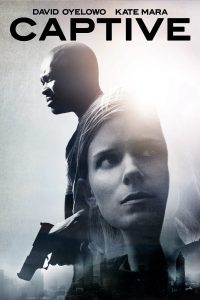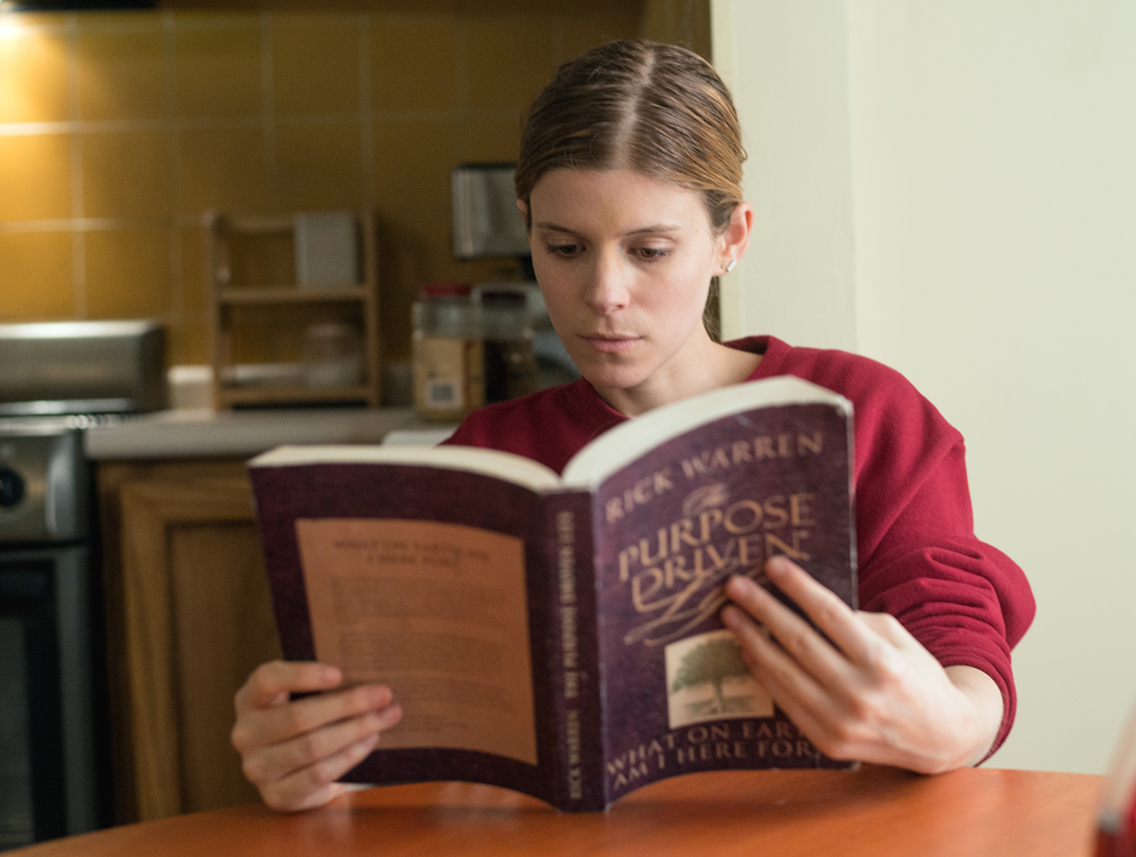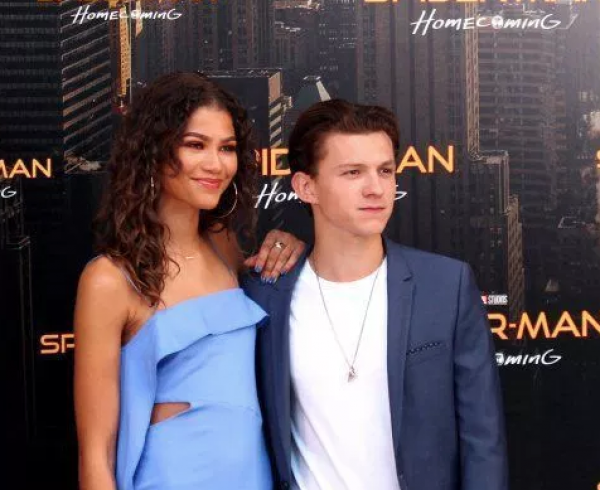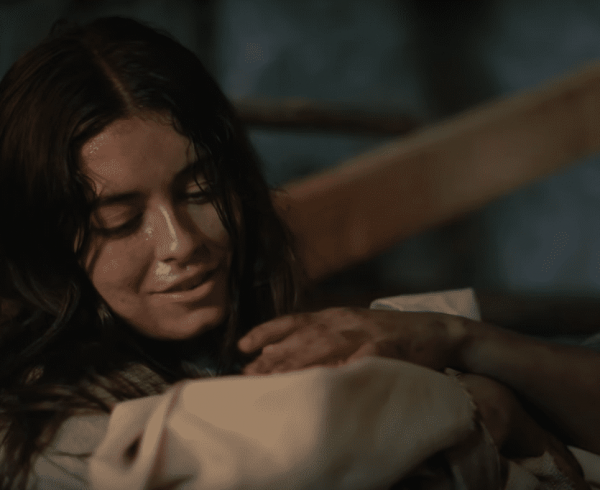Every day many people go through traumatic experiences. Whether they’re witnesses to or victims of a crime, in one second their lives are forever altered. All of us worry about what we’d do if faced with a situation such as a hold-up or an assault. All of us hope silently that we’ll never have to find out.
Captive (available on Amazon Prime), starring David Oyelowo and Kate Mara, is a brilliantly executed thriller about this very concept. Mara plays Ashly Smith, a young mother who struggles with meth addiction. One afternoon, her world comes crashing down when prison escapee Brian Nichols, played by Oyelowo, holds her hostage at gunpoint after killing three people during his escape from the county courthouse in Atlanta.
A somewhat contained thriller, Captive focuses almost exclusively on the two main characters. Kate Mara has made a name for herself on House of Cards (and, of course, is the sister of actress Rooney Mara of The Girl with The Dragon Tattoo fame). David Oyelowa is recognizable from his powerhouse performance as Martin Luther King Jr. in Selma. The tension and yet sympathy between the two wounded souls who have found each other at such turning points in their lives couldn’t be played any better by any other actors. Mara and Oyelowa do an excellent job of displaying menacing fear and victimization, while simultaneously developing a strong connection and bond over parenthood.
 Ashly Smith is by no means a typical beloved heroine. She is damaged and self-indulgent — having already lost her child due to drug offenses, Smith seems hell-bent on continuing her addiction. Brian Nichols, too, turns out not to be a run-of-the-mill villain. From the moment we meet him, Nichols presents himself as a cold, hardened thug who has no regard for the lives of others; but as Captive continues, we develop a strange sympathy towards him. Smith and Nichols’ chance meeting seems to be an odd sort of karma they both just might deserve.
Ashly Smith is by no means a typical beloved heroine. She is damaged and self-indulgent — having already lost her child due to drug offenses, Smith seems hell-bent on continuing her addiction. Brian Nichols, too, turns out not to be a run-of-the-mill villain. From the moment we meet him, Nichols presents himself as a cold, hardened thug who has no regard for the lives of others; but as Captive continues, we develop a strange sympathy towards him. Smith and Nichols’ chance meeting seems to be an odd sort of karma they both just might deserve.
For the duration of the film, we are on pins and needles wondering how it will turn out for the two. Each minute, we are sure that Nichols will kill his hostage, but we are as shocked as Smith is each time he doesn’t. In one touching scene, Smith even breaks out a copy of Rick Warren’s Purpose Driven Life that she’d been given at Narcotics Anonymous. Nichols asks her to read some passages aloud, and as she does, Nichols begins to open up more about his past. We come to learn much about what has brought both characters to this point, and we begin to empathize for both captive and criminal all the way up until the climactic ending.
While I watched Captive, I kept thinking about an Invisibilia podcast my husband had told me about. The podcast discussed “flipping the script,” or doing the opposite of what our natural instinct tells us to do in a tough situation. The term the podcast used was “non-complimentary behavior” — in essence, doing what’s unexpected and unnatural in a given scenario. I didn’t fully grasp this concept until seeing Captive. It is one of the few films I’ve watched lately that called me on the carpet, making me wonder about myself and how I’d react in the face of such horror. Could I do what Smith did? I thought to myself. Could I decelerate a situation rather than meet rage with rage? Could I show kindness to the man victimizing me?
This day and age, it’s a rare occurrence to see films that don’t just serve to entertain us for a couple of hours. Even more rarely do we see films that change the way we look at our behavior and, indeed, our lives. Captive does this. Better yet, Captive does this while keeping you glued to the screen and without becoming preachy. Captive not only served to change my mind about what I’d do if faced with a dangerous situation — it also made me hopeful about humanity at large and how, every now and then, people can surprise you.












